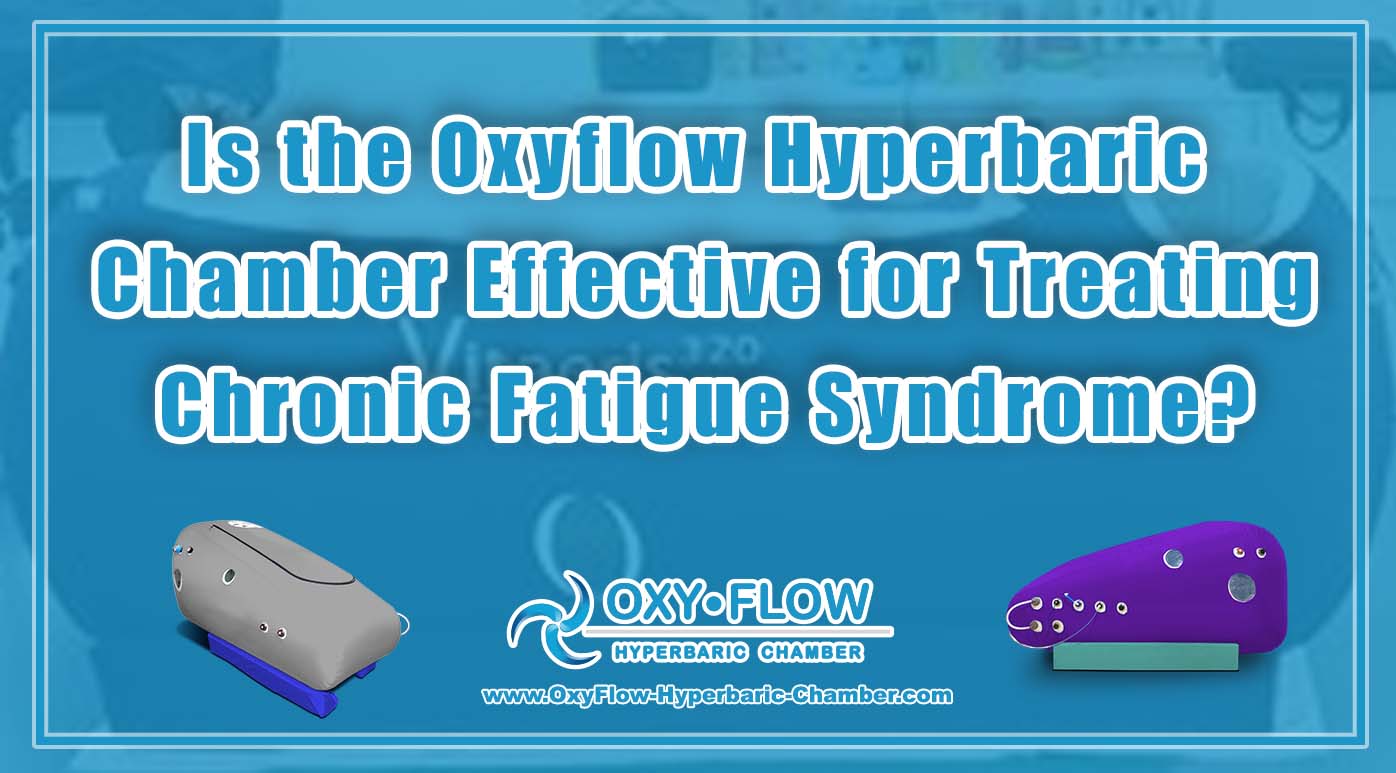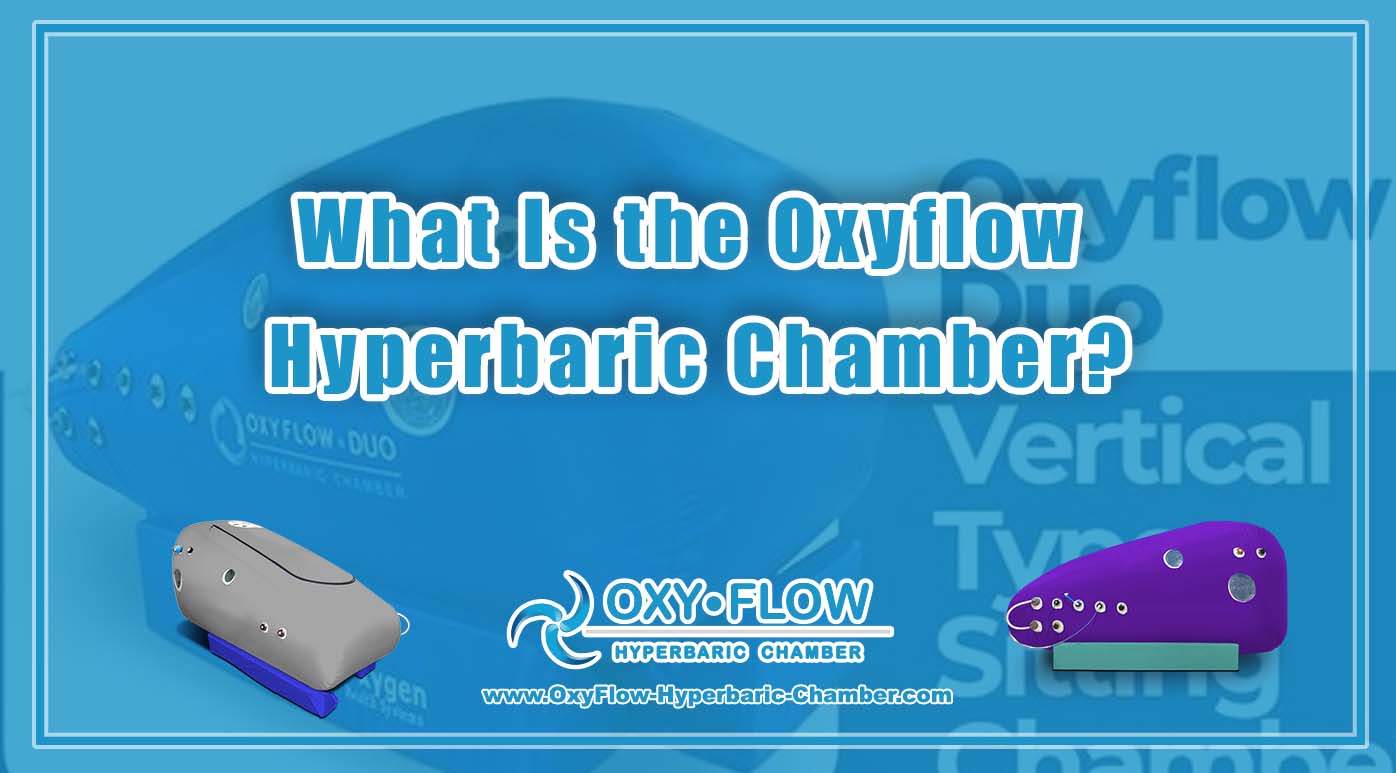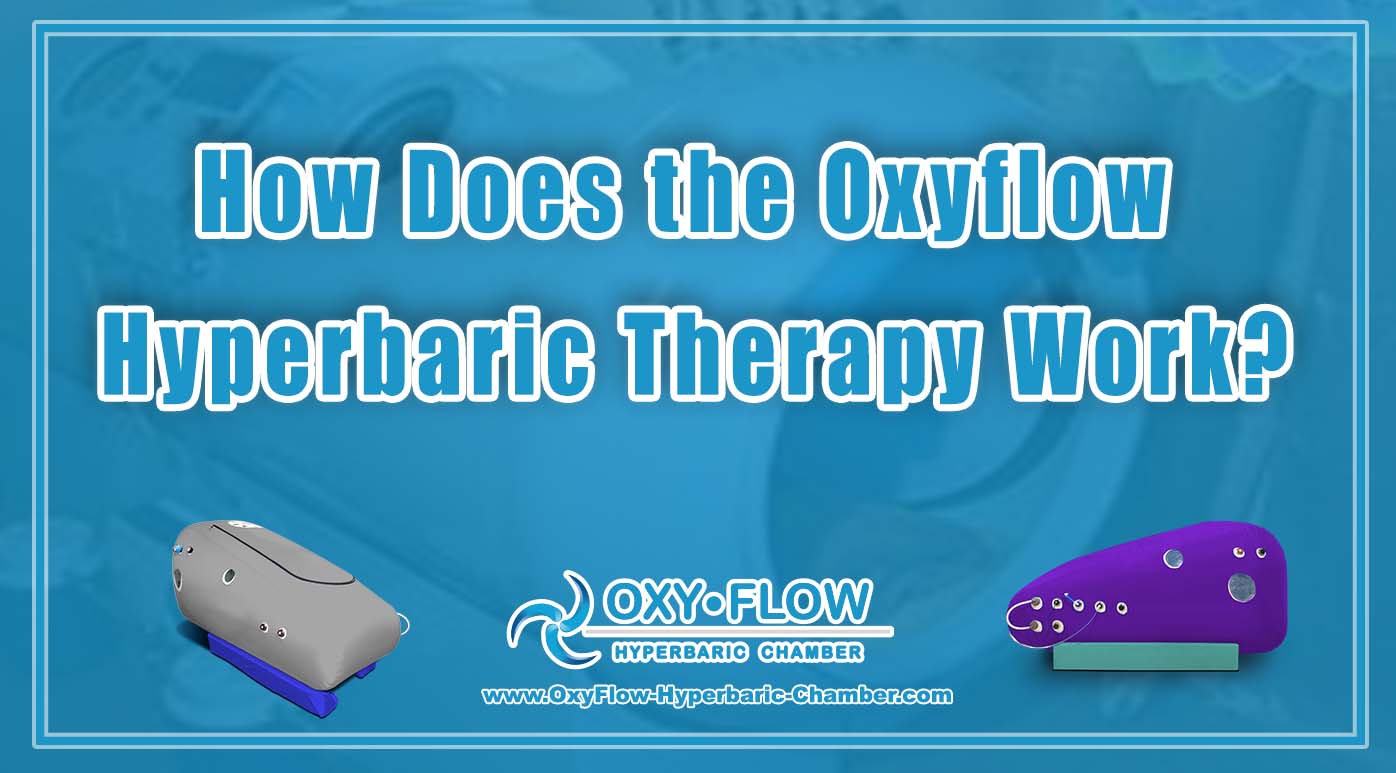
Is the Oxyflow Hyperbaric Chamber Effective for Treating Chronic Fatigue Syndrome?
Is the Oxyflow Hyperbaric Chamber Effective for Treating Chronic Fatigue Syndrome?

Is the Oxyflow Hyperbaric Chamber Effective for Treating Chronic Fatigue Syndrome?
Introduction.
Chronic Fatigue Syndrome (CFS) is a complex and often debilitating condition characterized by persistent fatigue that doesn’t improve with rest. It has left many individuals searching for effective treatments to alleviate their symptoms. In recent years, the use of hyperbaric oxygen therapy (HBOT) in the Oxyflow Hyperbaric Chamber has gained attention as a potential option for managing CFS. In this article, we’ll explore the effectiveness of the Oxyflow Hyperbaric Chamber in treating Chronic Fatigue Syndrome.
Understanding Chronic Fatigue Syndrome (CFS).
Before diving into the use of HBOT, it’s essential to comprehend what CFS is and its impact on those affected.
What Is Chronic Fatigue Syndrome?
CFS, also known as myalgic encephalomyelitis (ME), is a complex and poorly understood condition characterized by:
- Severe, unrelenting fatigue
- Post-exertional malaise (worsening of symptoms after physical or mental exertion)
- Sleep disturbances
- Cognitive impairment (often referred to as “brain fog”)
- Other unexplained symptoms
Current Treatment Challenges.
There is no specific cure for CFS, and treatment mainly focuses on managing symptoms. This has led some individuals to explore alternative therapies, including HBOT.
The Role of Hyperbaric Oxygen Therapy (HBOT).
HBOT involves breathing pure oxygen in a pressurized chamber, allowing the body to absorb higher levels of oxygen. The potential benefits of HBOT include improved tissue healing, reduced inflammation, and enhanced circulation.
How HBOT May Help CFS.
While research on HBOT for CFS is ongoing, some proponents suggest that the therapy might benefit individuals with CFS by:
- Increasing oxygen delivery to tissues
- Reducing inflammation
- Promoting cellular energy production
Evaluating the Effectiveness.
As with any medical treatment, the effectiveness of HBOT for CFS varies among individuals. Several factors may influence outcomes, including the severity of CFS symptoms and the number of HBOT sessions.
Research and Clinical Studies.
Scientific research on the use of HBOT for CFS is limited but growing. Some small-scale studies and anecdotal reports suggest potential benefits, while others indicate no significant improvement. Further research is needed to establish clear guidelines for its use in CFS treatment.
Personalized Approach.
It’s crucial to approach HBOT for CFS with realistic expectations. A healthcare provider experienced in CFS and HBOT can help determine if you are a suitable candidate and develop a personalized treatment plan.
Conclusion.
The use of the Oxyflow Hyperbaric Chamber for treating Chronic Fatigue Syndrome is an area of ongoing research and exploration. While some individuals have reported positive outcomes, the effectiveness of HBOT for CFS remains uncertain and may vary from person to person. Consultation with a qualified healthcare provider knowledgeable about both CFS and HBOT is essential for making informed decisions about treatment options.
Disclaimer
This blog post is for informational purposes only and should not be considered medical advice. Consult with a healthcare professional for personalized guidance on the treatment of Chronic Fatigue Syndrome and the use of hyperbaric oxygen therapy.


